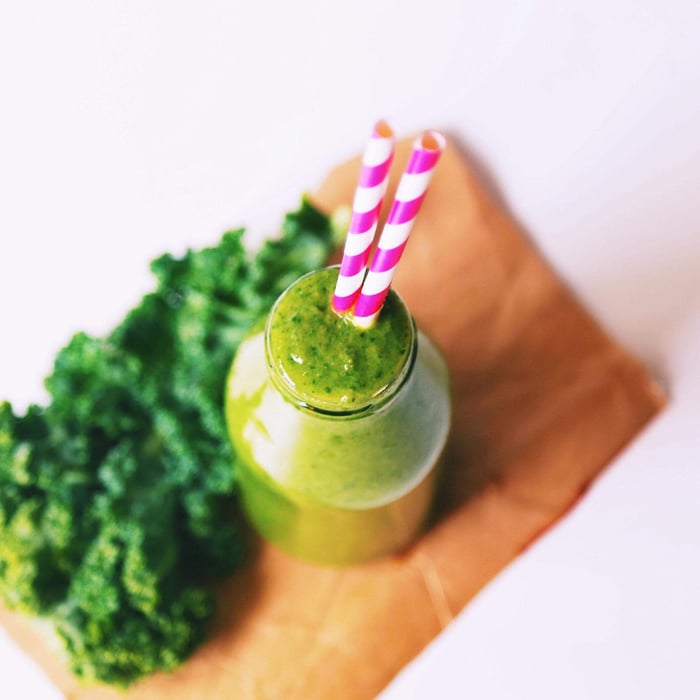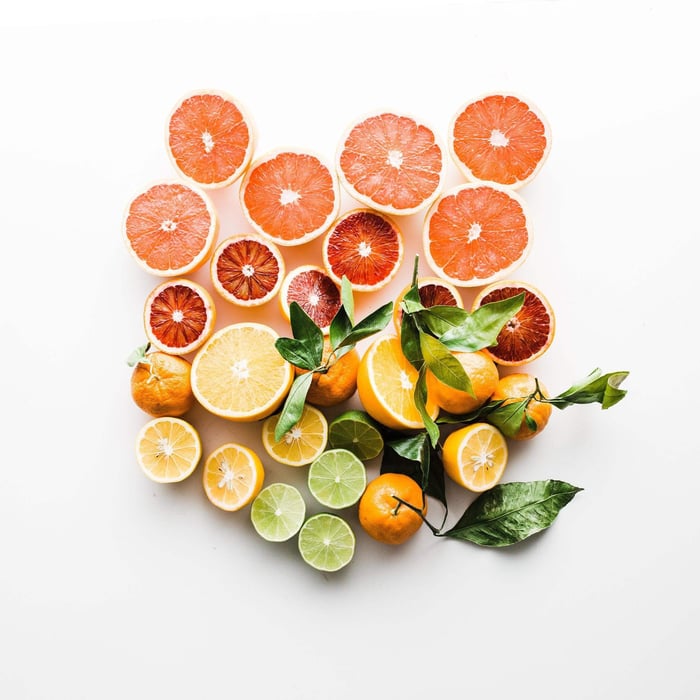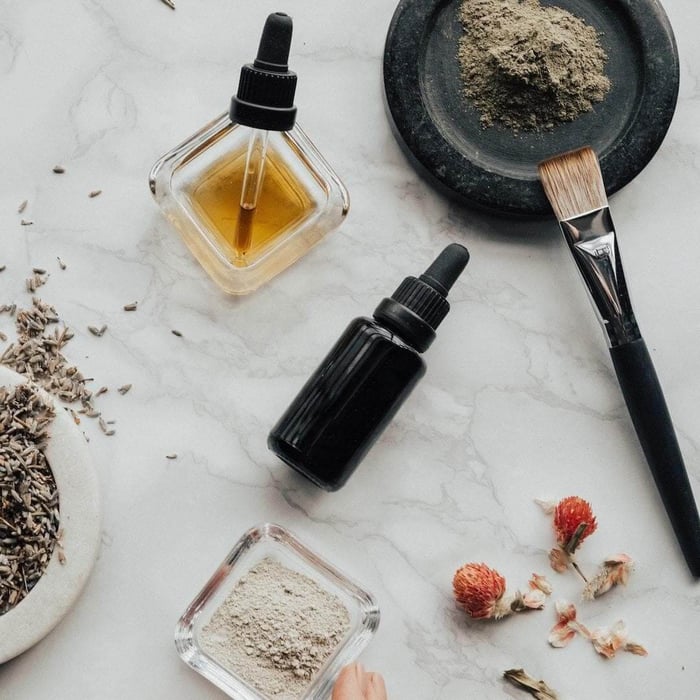Cold Pressed: Always best?
Whilst it might be true (by a small time margin) that juice you buy from a juice bar is fresher in the sense that it’s just been juiced right in front of you, scientifically that’s not the case.
Rotary Juicers Vs Cold Press Juicers
When you rotary juice a fruit or vegetable (rotary juicers being the ones we’re most used to seeing, where you put the fruit in the top, plunge it down and juice spurts out the other end), what happens is that the machine violently breaks the fruit or vegetable up into small pieces in one movement and then pushes these small pieces against a metal filter, which separates the juice from the pulp. The problem here is that the fast spinning, centrifugal blade generates heat which destroys some of the valuable enzymes contained in the vegetable. The heat also oxidises those nutrients, making the resulting juice actually less nutritious.
Have you ever entered a juice bar and smelt that sort of acidic, citrusy smell or ordered a carrot juice only to find that a few minutes later there’s a slightly brown, discoloured ring around the top of the cup? That’s oxidation, and despite being “fresh” because it’s just been juiced, the oxidation of nutrients actually means the complete opposite.
Cold pressing, by comparison, and much as the name suggests, doesn’t involve heat in anything like the same amount. Cold press juicers are nicknamed ‘masticating’ juicers, because they gently extract juice by slowly first crushing and then pressing the fruit or vegetable.

(Presscription Gut Cleanse 2, as pictured above)
They also don’t rupture the cell wall in the same way so less nutrients are lost to oxidation. So the take home here is that the juice is much more nutrient dense, fresher (no oxidation), and will last longer - up to three days with no need for preservatives. There is a slight grey area, however, when you see cold pressed juices on supermarket shelves. This is because it is possible to extend the shelf life of a cold-pressed juice via HPP processing (High Pressure). There are significant drawbacks to that as well, and it’s the reason that you’ll never see a shelf life longer than a few days on a Presscription juice bottle. So - be warned that cold pressed doesn’t automatically equal a fresh juice that’s not been tampered with. First check that it’s cold pressed, and then check the sell by date if you’re really wanting the good stuff!
Lastly, as Prresscription juice is "pulp free." each bottle contains 2/3 pounds of produce in order to extract the liquid juice - which means more nutrients and a premium, high quality product. If you're considering a celery juice cleanse, you'll benefit from the concentrated nutrients that our juices provide, especially when each ingredient is juiced separately. You can get away with less veg or fruit in a rotary juicer because some of the pulp often slips through.
Taste
And what about the taste? Cold pressed juice is crisper and cleaner tasting and that’s firstly down to the process above, but also because each fruit or vegetable is pressed separately to the other ingredients needed to make up a Presscription bottle of juice. So, if you need celery juice to make a particular green juice then you juice all the celery you’ll need for that run of bottles, then clean the juicer, and move on to the next ingredient. There’s no cross contamination and that not only accounts for the improved flavour but also helps towards keeping the juice fresh for up to three days.
If you’re looking to do a press juice cleanse then it’s crucial that you drink cold pressed juices as the nutrient density is far superior and the freshness is unmatched. If you only need juice to add to a cooking recipe, where there will eventually be heat used anyway, or if you’re not picky about oxidation or gaining maximum nutrients then a cheap £30 centrifugal juicer should suit you just fine.
We know which we’d rather though…
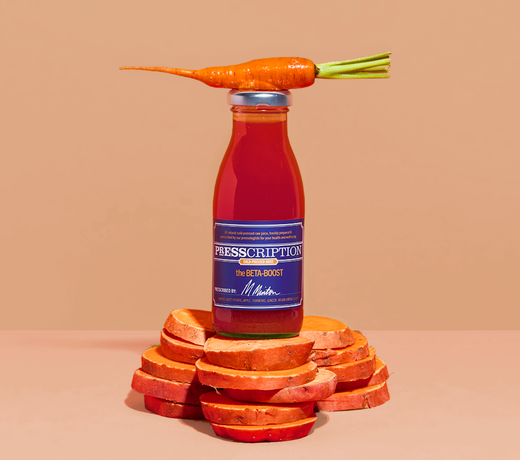 Why Presscription?
Why Presscription?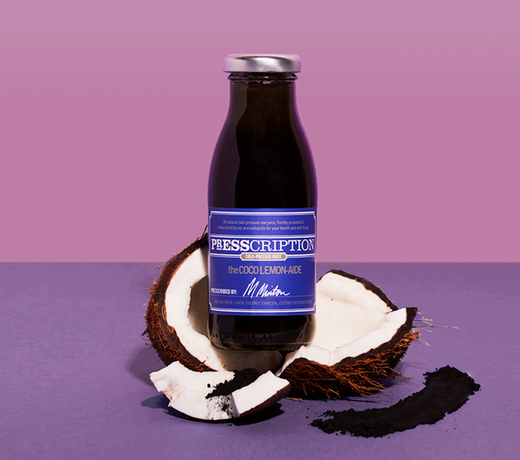 Why Cleanse?
Why Cleanse?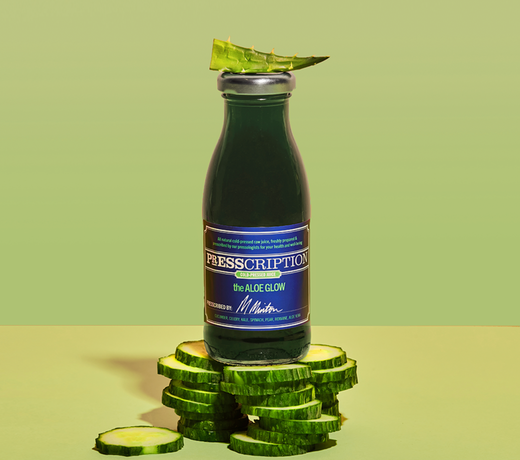 Cleansing Tips
Cleansing Tips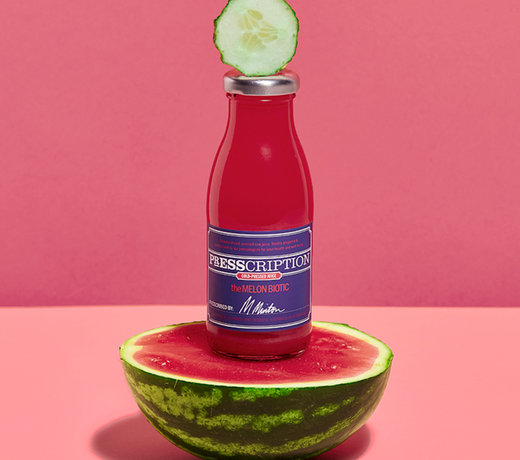 What's Pressing?
What's Pressing?
